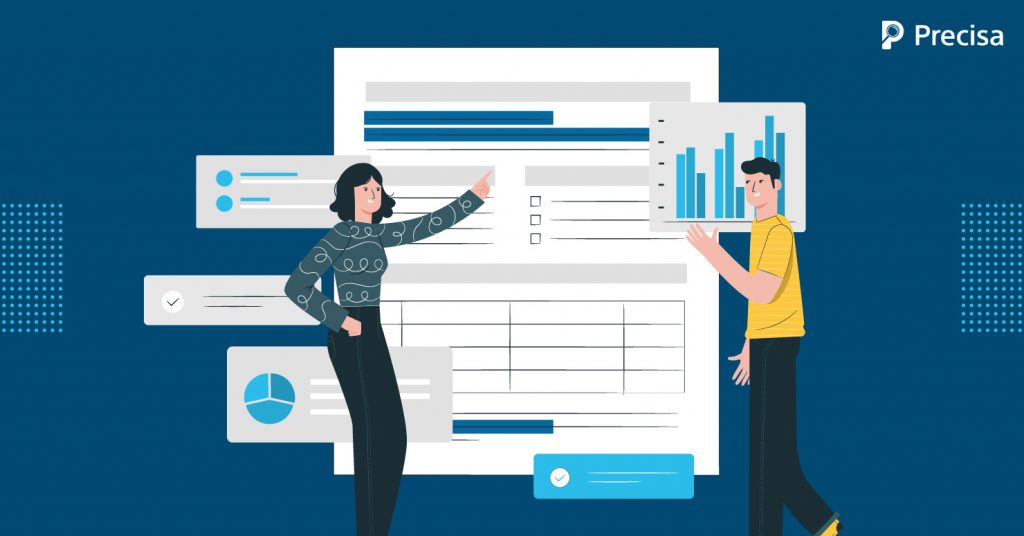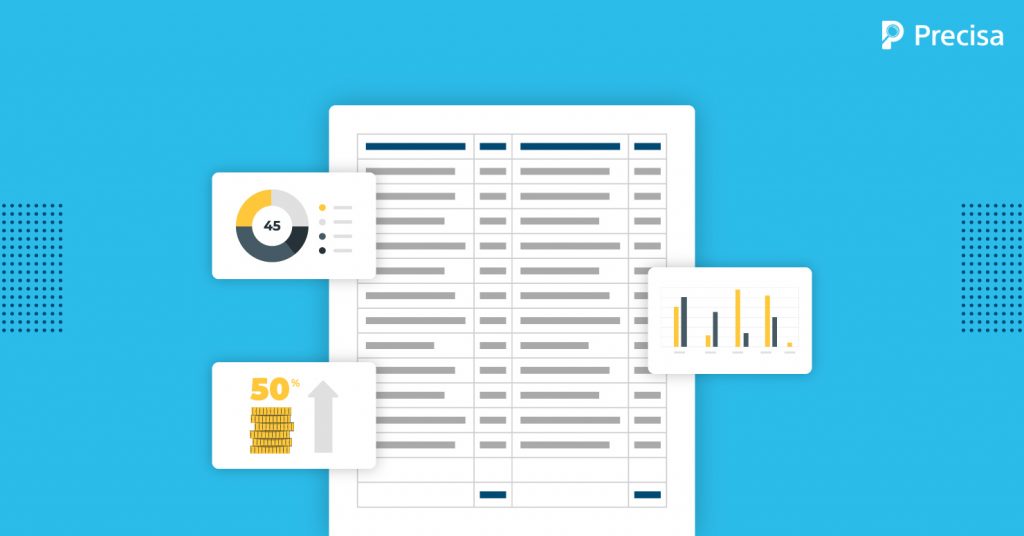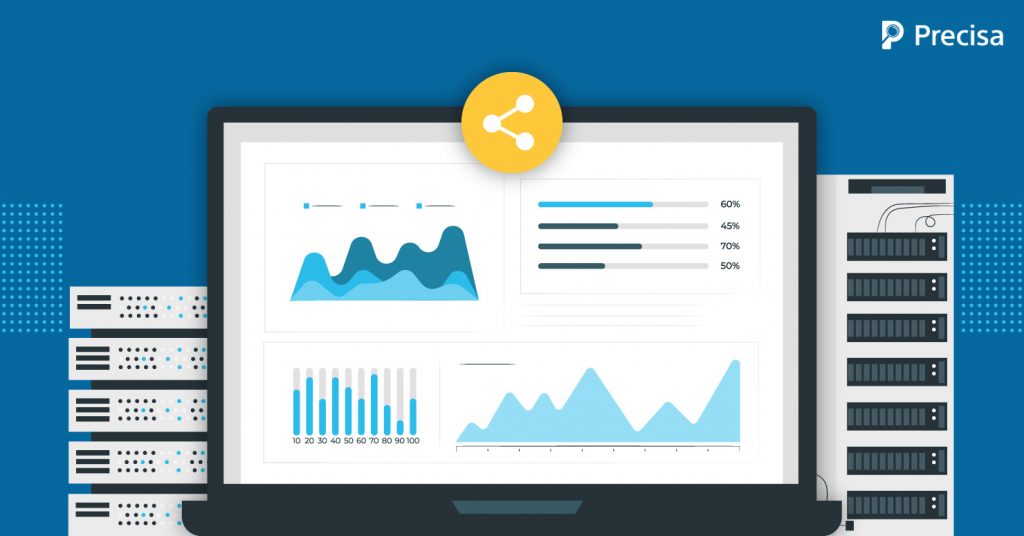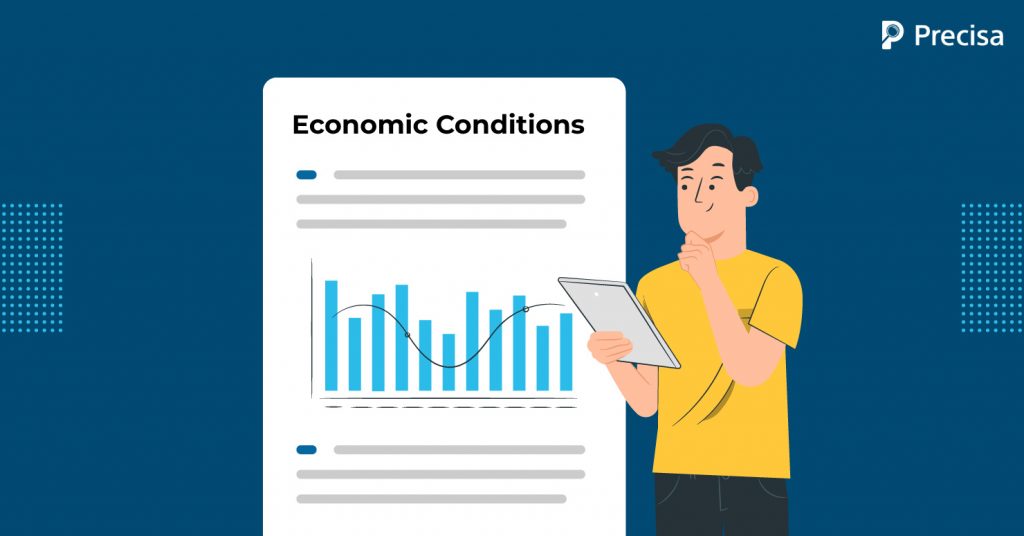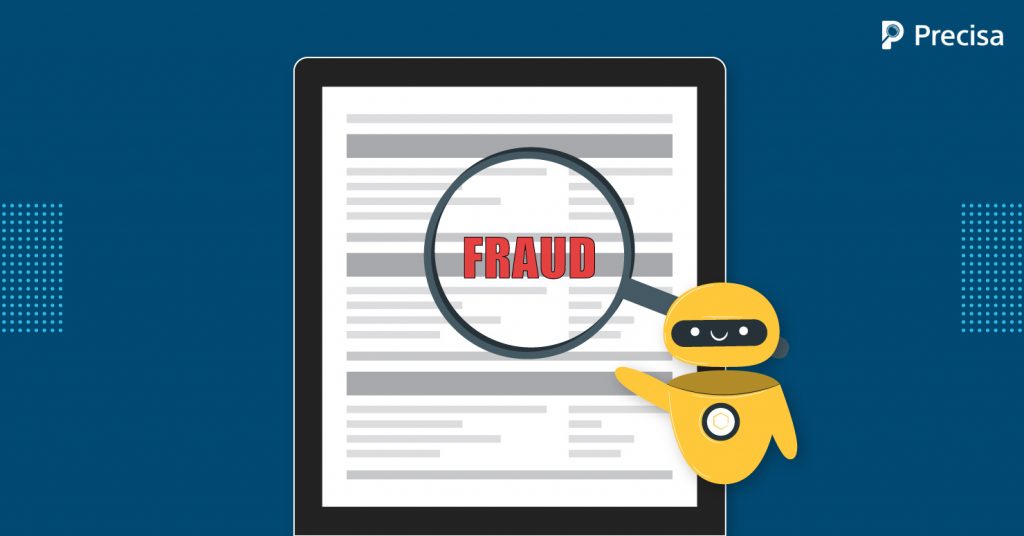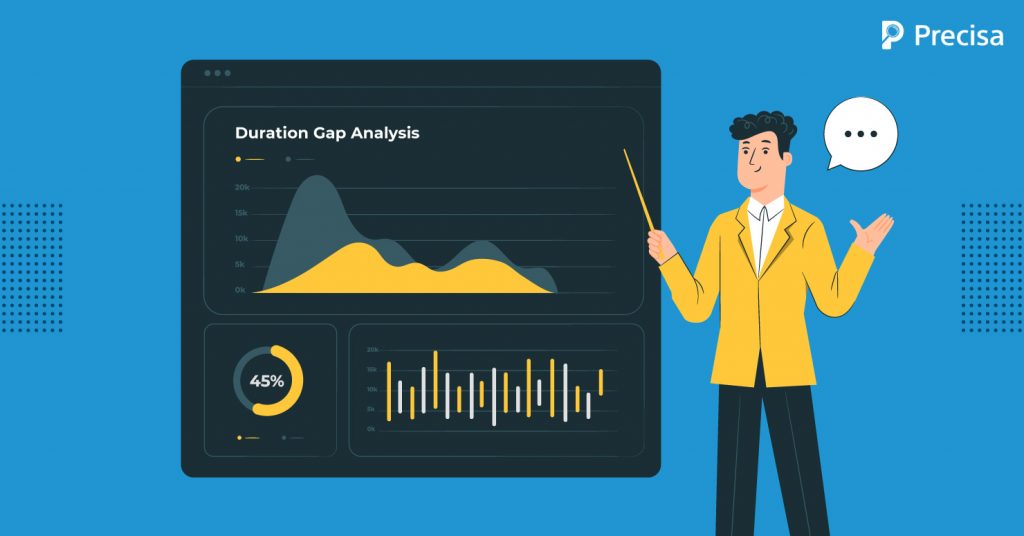Fintech combines finance and technology; it is transforming the financial landscape and reshaping the future of finance, leading to a collaboration between fintech and banks. Generally, it refers to businesses that leverage technology to improve and automate their financial services and processes. Fintech encompasses a rapidly growing trend, making financial services inclusive and efficient and […]
Bank Statement Analysis: Uncovering Patterns with AI driven Insights
Emerging forces, like geopolitical tussles, socioeconomic factors and climate change, have increased the demand for improved risk management in the financial services sector. Breakthrough technology like AI and ML, profuse amounts of data, and new business models are redefining how banks interact with consumers, third parties, and internal processes. A recent report by Business Insider […]
Financial Statement Analysis Tools: Innovations, Opportunities, and Challenges in the Era of AI
The adoption of Artificial intelligence (AI) across various industries and domains is increasing rapidly, as is evident from its application and utility. The finance sector, in particular, has embraced AI enthusiastically to modernise the entire industry and streamline the traditional manual banking processes. A Forbes report reveals the global AI fintech market is expected to […]
The Role of Bank Financial Statement Analysis in Strengthening Regulatory Compliance
Banking institutions are critical to the global economy’s stability and operation. According to McKinsey, the year 2022 brought substantial challenges and increasing uncertainty for banks. However, there are laws and regulations to preserve financial stability and protect depositors’ interests. The banking industry must comply with these rules; effective financial statement analysis can help. Regulators can […]
Enhancing Credit Appraisal through Collaborative Data Sharing and Open Banking
A recent Mckinsey report indicates that collaborative data sharing in finance has the potential to boost the GDP of economies by 1 to 5 per cent by the end of 2030. In light of this, many nations in the G20 have identified micro, small, and medium enterprises (MSMEs) as a major driver of economic growth, […]
Duration Gap Analysis and Liquidity Risk Management: Best Practices for Financial Institutions
Managing liquidity risk is paramount for financial institutions in the ever-evolving world of finance, where uncertainties and fluctuations in markets are constantly present. Liquidity risk is the loss resulting from the inability to meet short-term payment obligations, significantly impacting a financial institution’s stability and solvency. Financial institutions use different risk management techniques, such as duration […]
Contextual Analysis in Bank Statement Analysis
Bank statement analysis is crucial for investors, analysts, and stakeholders interested in learning more about a banking institution’s financial health and performance. Historically, this review has focused mostly on the numerical data reported in financial accounts. However, contextual analysis is an often overlooked part that goes beyond the numbers and provides a better knowledge of […]
How Lenders Can Strengthen Fraud Detection in Loan Applications with Precisa’s Advanced Algorithms
Digital lending is expected to see a 4.75X boom in India. The digital lending market is projected to grow from $270 billion in 2022 to $ 1.3 trillion in 2030. By 2030, digital lending is also projected to make up 60% of the entire Indian fintech market. A key reason for this boom is lenders’ […]
Duration Gap Analysis for Digital Lenders: Understanding & Adapting to Customer Behavior
In fiscal year 2021, the non-performing assets of India’s public sector and private sector banks collectively amounted to INR 6.17 trillion and INR 2 trillion, respectively. The inability to predict risk when offering loans to business or retail customers results in the growth of non-performing assets. In turn, the growth of non-performing assets eats into […]
Bank Statement Analysis: How Precisa Safeguards Sensitive Financial Data
Bank statements are important documents that present a holistic view of the account holders’ financial health. Bank statement analysis scrutinises the deposits and withdrawals, regular payments and credits, spending patterns, and preferred transaction modes (cash, debit cards, credit cards, UPI, etc.) to compute the financial stress of an account. The financial data contained in account […]



